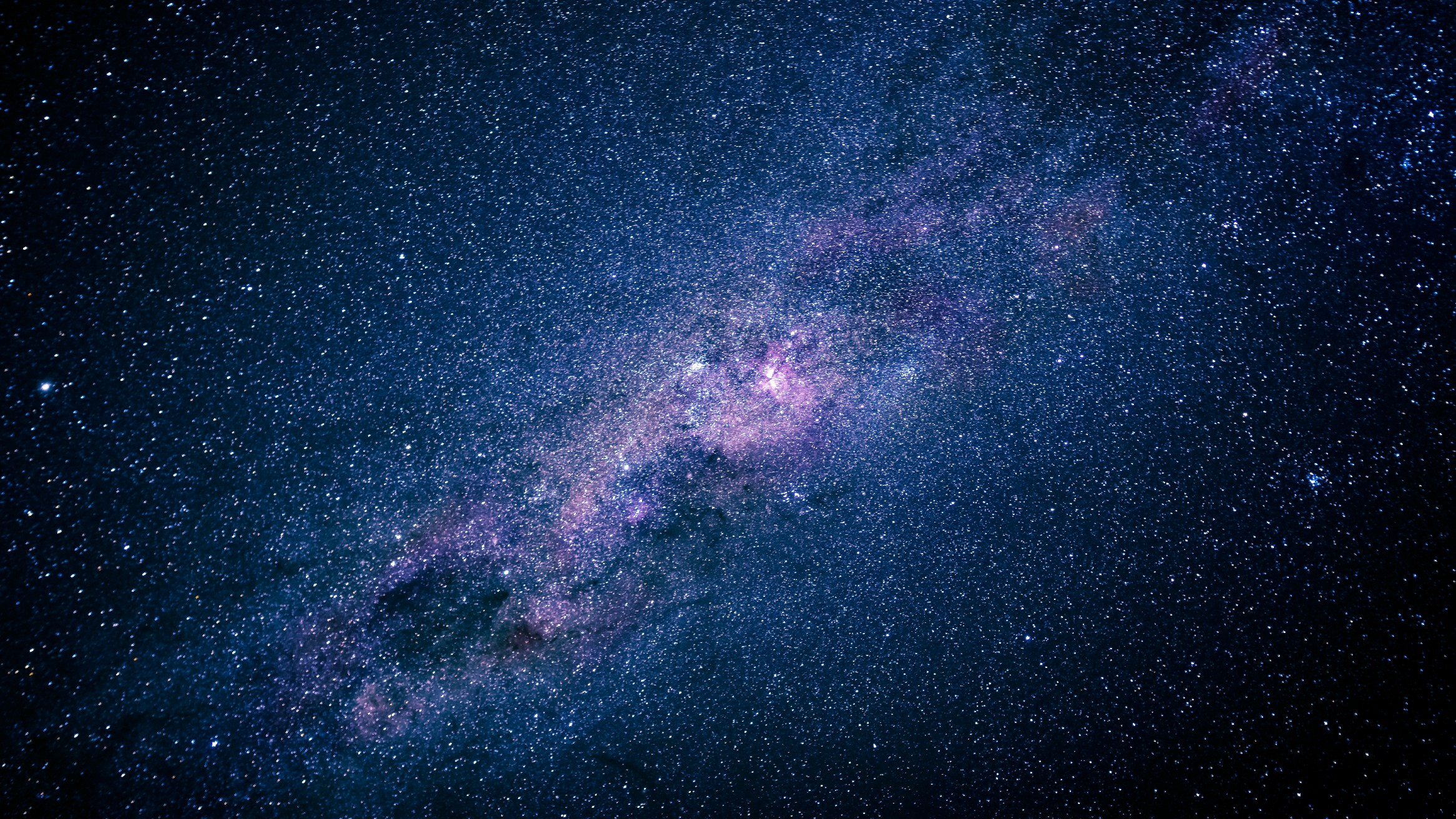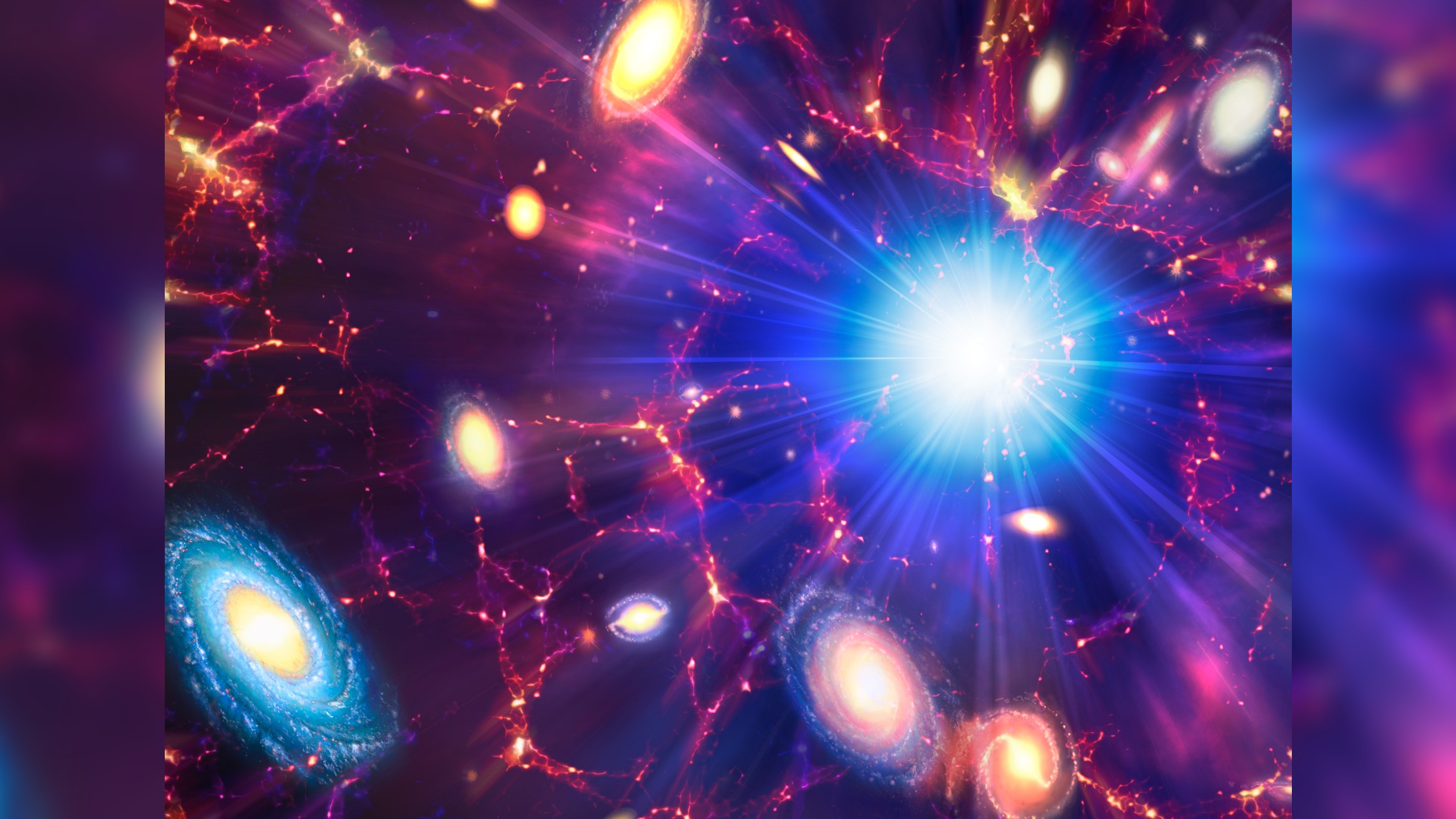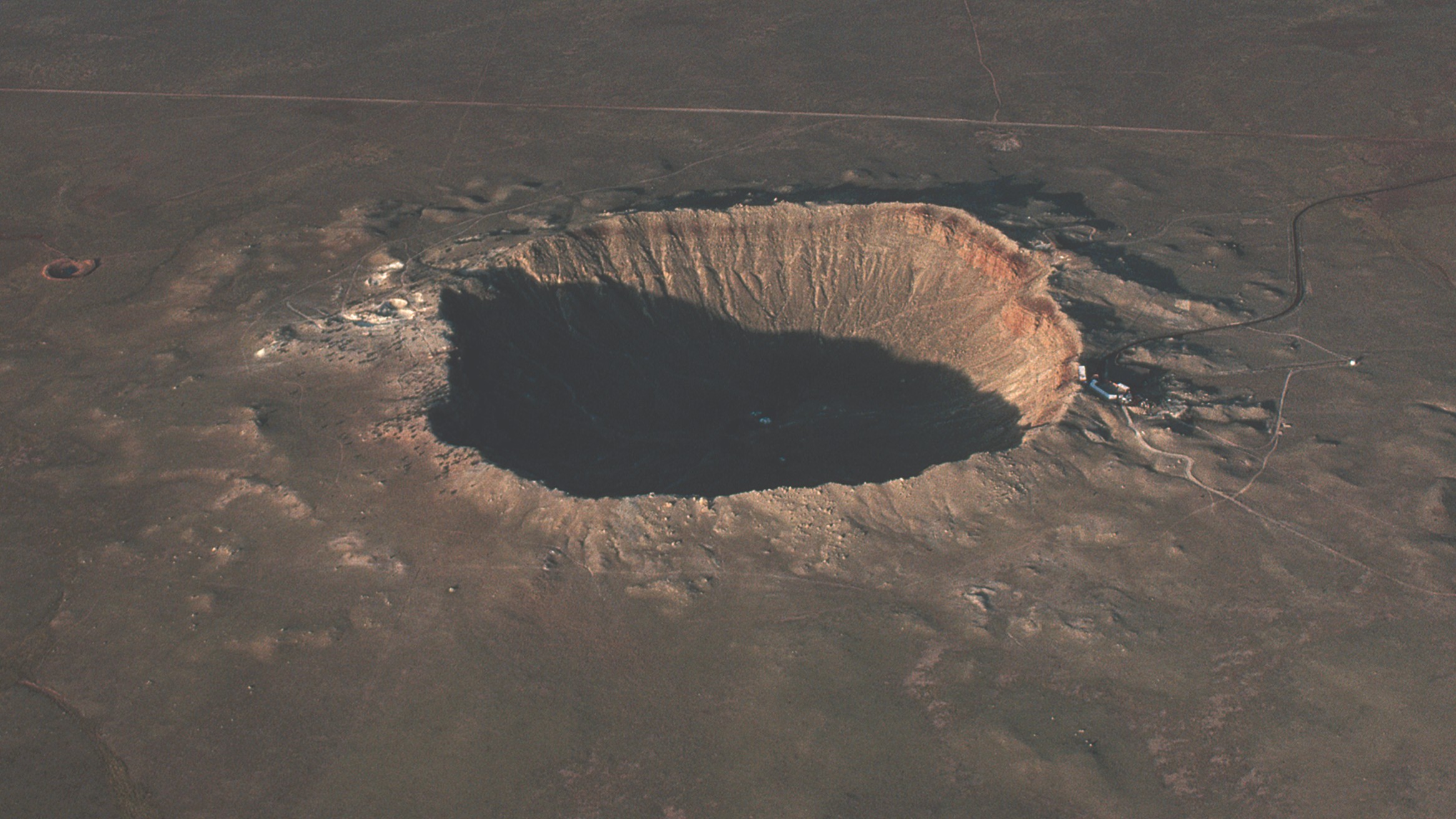Travel through the abnormalities of the universe and the potential changes in the laws of physics along the way in All About Space issue 137 (opens in new tab), on sale now.
You’ll uncover the six fundamental constants that shape the universe and the consequences should they ever change. To reveal the cause of the universal glitches, astrophysicists from around the world also attempt to answer the question, why doesn’t the universe make sense?
Elsewhere in the latest issue, you’ll uncover the theory of time before the Big Bang and the events that may have led to the creation of the universe as we know it. Also you’ll discover how scientists are probing space rocks to solve the mystery of ultra-hard diamond formation.
Related: Space roar: The mystery of the loudest sound in the universe
Subscribe to All About Space
Get All About Space delivered straight to your door or digital device. Subscribe to All About Space (opens in new tab) from $8.50 per quarter/three issues.
Did you know that the larger a black hole gets, the less dense it becomes? You’ll discover how that’s possible, along with bewildering black hole physics as All About Space reveals the 50 most amazing facts about black holes.
The latest issue also includes a Q&A with Dr Florence Raulin-Cerceau, Messaging Extraterrestrial Intelligence’s vice president, who says “We’ve probably been detected by extraterrestrials”.
Within the latest stargazer section you’ll also find useful information about what’s shining in the night sky and when’s the best time to see it.
A glitch in the universe

When it comes to the laws of physics, you could be forgiven for thinking there are rules which apply no matter where you are in time or space. After all, this is what we are taught.
But everything you think you know about the universe could be wrong, thanks to a glitch. The laws of physics may be different across the universe, in both space and time. This is according to a theory that has been in testing for over two decades that, if proven correct, could rewrite the laws of physics altogether.
Read the full feature in the latest All About Space (opens in new tab)
What happened before the big bang ?

Could there have been a time before the Big Bang? In other words, could the universe have existed before it even began?
May there have even been previous universes? Such ideas, once the preserve of high-concept science fiction and philosophical debates, are gaining a new scientific credibility in the 21st century. Some cosmologists are wondering if the Big Bang was merely an intermediate phase and not the true start of the universe at all.
Theories such as the ekpyrotic universe, ‘Big Bounce’ models and cyclic cosmology have been around for a while, but data from sensitive space probes could put some of these on a firmer footing. But what exactly was the Big Bang, and why are some scientists now changing their minds about it?
Read the full feature in the latest All About Space (opens in new tab)
Mysteries of the universe: Ultra-hard diamonds in the sky

A group of scientists are getting very excited about these ultra- hard diamonds. After all, they reckon they’ve found evidence of lonsdaleite having formed on a dwarf planet some 4.5 billion years ago, and the resulting study has the potential to be very useful indeed. Scientists have known about lonsdaleite for many years.
It was first discovered in 1967 in a meteorite called Canyon Diablo, found in an impact crater in the desert of northern Arizona. Duly named after British crystallographer Dame Kathleen Lonsdale, one of the first two women elected a fellow of the Royal Society in 1945, it was soon determined to be a much harder form of diamond.
Read the full feature in the latest All About Space (opens in new tab)

